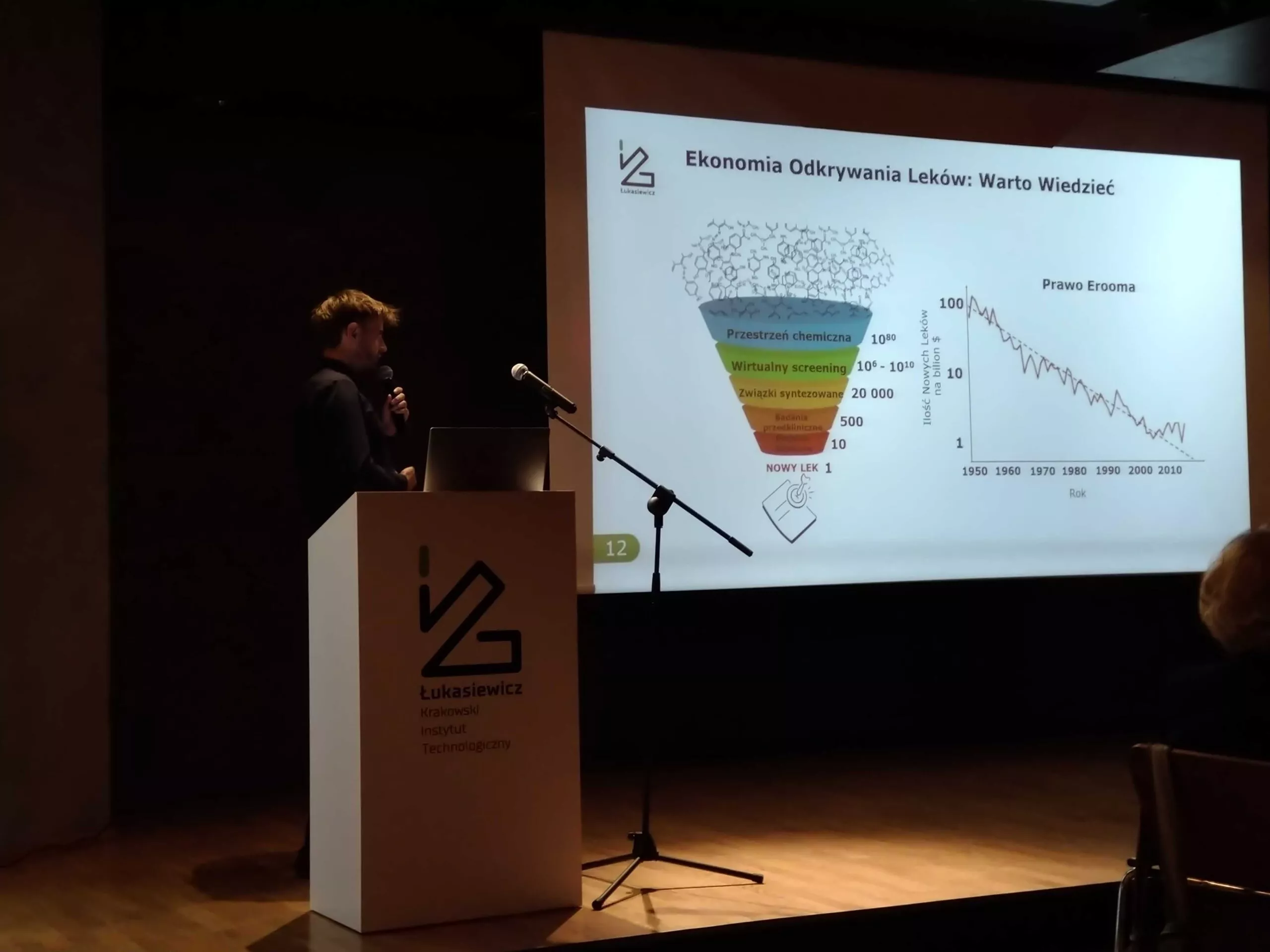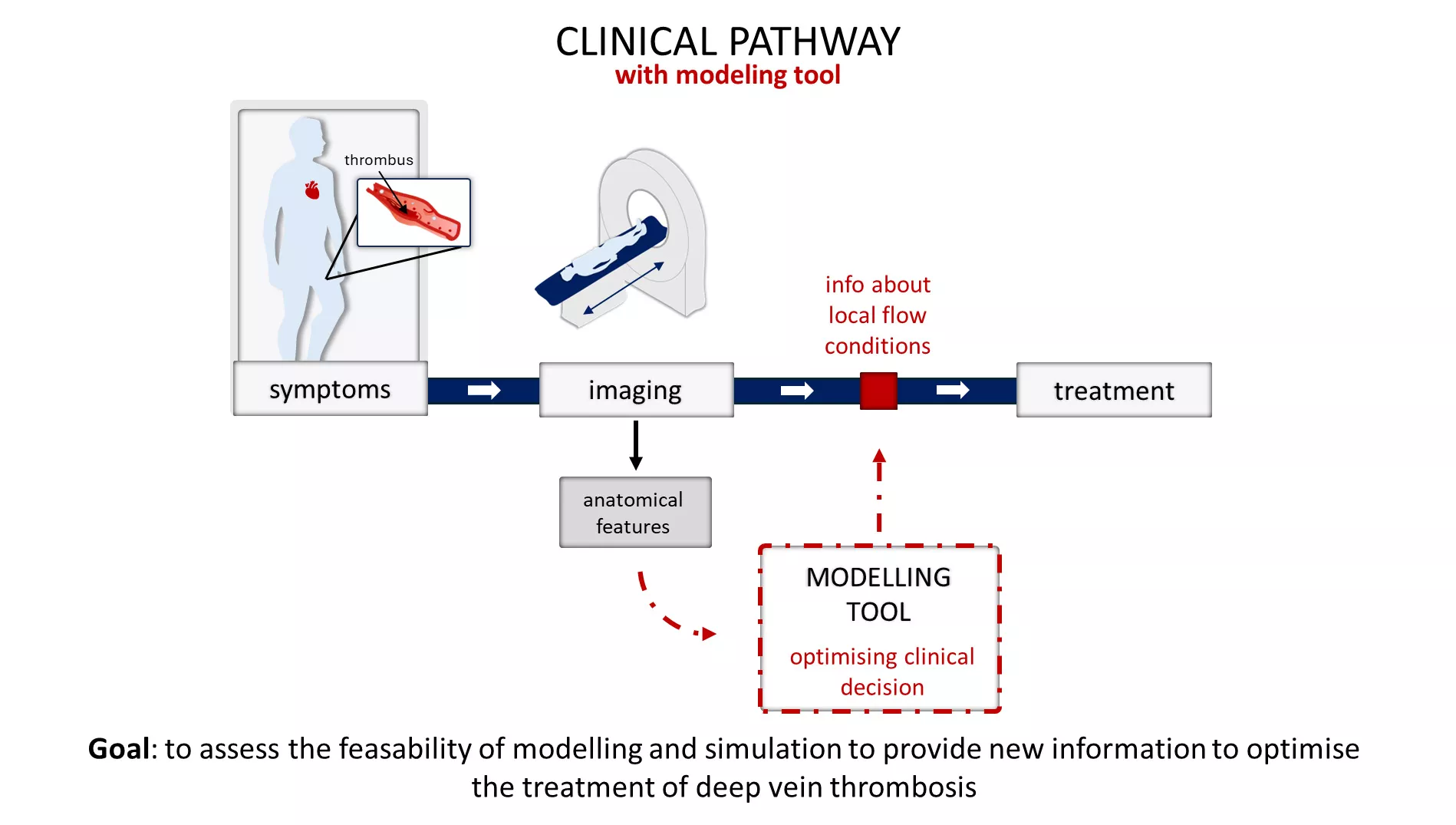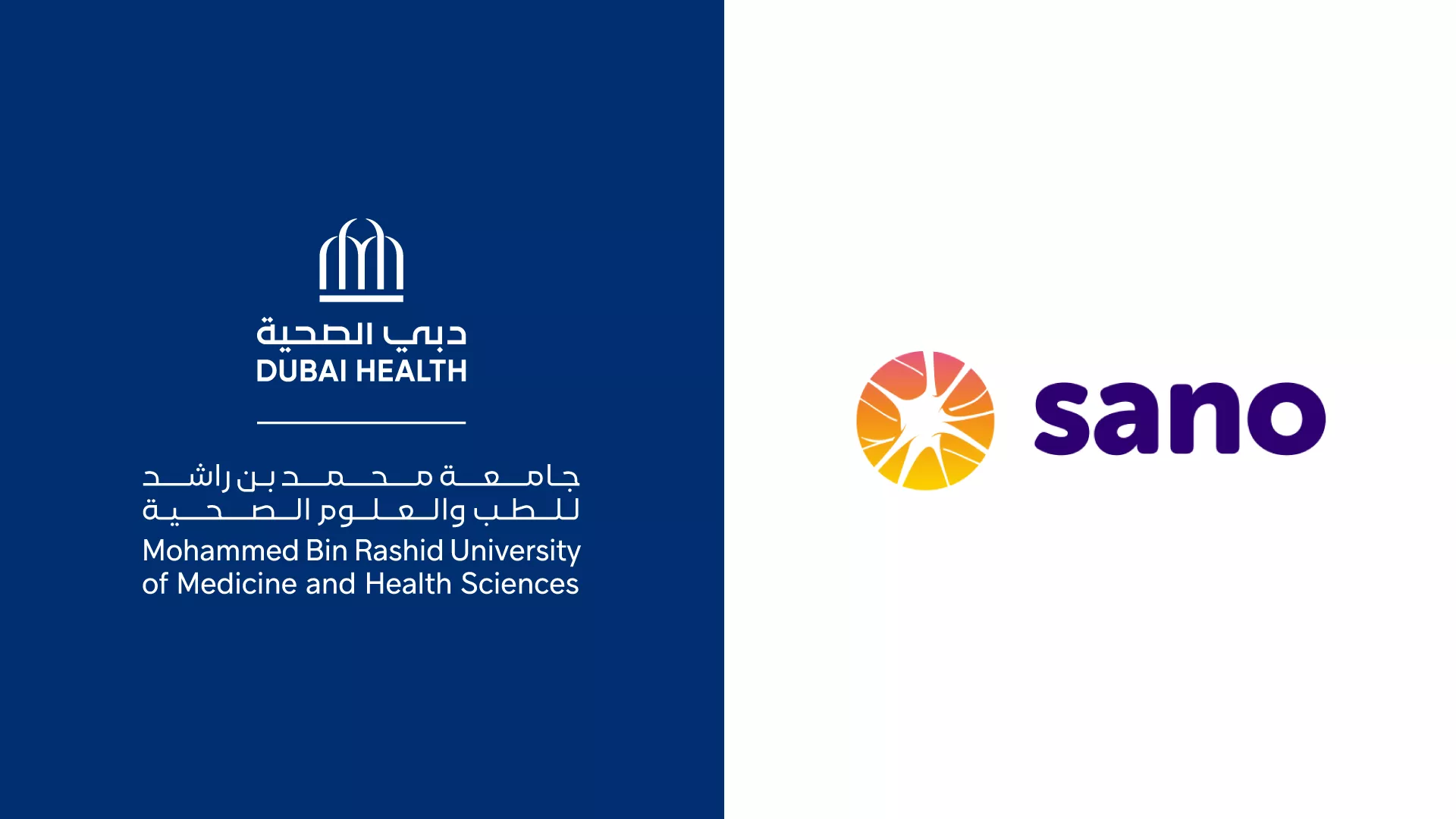
Sano at (Bio)Medicine 4.0 – Seminar Highlights
How is innovation reshaping modern medicine? At the "(Bio)Medicine 4.0" seminar, experts—including Sano researchers—explored the future of drug development and AI in healthcare
On May 19, 2025, the Łukasiewicz – Krakow Institute of Technology hosted a scientific seminar focused on the future of therapy and drug development in the era of emerging technologies. Organized by the Centre for Nature-Inspired Technologies, under the leadership of Dr. Barbara Pucelik and Director Mirosława Stelengowska, the event brought together leading researchers, industry professionals, and academic experts.
(Bio)Medicine 4.0: Shaping the Future of Drug Research
The seminar, titled “(Bio)Medicine 4.0: The Future of Drug Research and Development in the Era of Emerging Technologies,” aimed to explore how cutting-edge innovations are transforming both clinical and laboratory practices. The program featured presentations on the intersection of artificial intelligence, data science, and personalized medicine—highlighting how advanced computational tools are revolutionizing healthcare.
AI in Drug Development: Insights from Sano
Dr. Adam Sułek from the Sano Centre for Computational Medicine joined the seminar as a representative of Sano, a research partner of Łukasiewicz – KIT. As a postdoctoral researcher in the Structural and Functional Genomics Group, Dr. Sułek delivered a presentation titled “Artificial Intelligence in Drug Development: Prediction, Validation, and Translation of Biological Data.”
He discussed ongoing work within the Sonata project, which focuses on accelerating drug candidate selection using AI, particularly in the context of growing antibiotic resistance. Dr. Sułek also addressed the importance of explainability in AI models applied to medicinal chemistry, emphasizing the need for transparency in computational decision-making. By bridging fields such as AI, chemistry, and medicine, his presentation reinforced the importance of cross-disciplinary efforts in tackling complex healthcare challenges.
Cutting-Edge Lab Technology: National Premiere of STELLARIS CRS
A key highlight of the event was the official launch of a new research laboratory equipped with Poland’s first Leica STELLARIS CRS system. This state-of-the-art technology enables real-time chemical imaging of biological samples without the need for staining.
Using advanced techniques such as Stimulated Raman Scattering (SRS) and Coherent Anti-Stokes Raman Scattering (CARS), the system provides high-resolution, three-dimensional visualizations of cellular structures without fluorescent labeling. This breakthrough offers significant potential for more accurate, label-free, and personalized biological and medical research.
A Diverse Audience: Academia, Research, and Industry United
The seminar brought together a broad spectrum of stakeholders, including representatives from top academic institutions such as Cracow University of Technology, Jagiellonian University, and AGH University of Krakow. Experts from the Łukasiewicz Research Network, the Polish Academy of Sciences, and several industry leaders in advanced technologies and scientific instrumentation were also in attendance.
Notable participants included WASKO, ALPBIS Group, KAWA.SKA Sp. z o.o. (supplier of research instrumentation), GRUPA KDM, and members of Sano Centre for Computational Medicine—including not only Dr. Adam Sułek but also Tomasz Kościółek (Research Team Leader, Structural and Functional Genomics Group) and Tomasz Gubała (Research Support Manager).




